A quivering cat is a perplexing sight, at least from a human’s point of view. Have you ever seen your cat do that? You might wonder what’s going on when you see this. Are they in distress or is it a sign of a medical problem? Seasoned cat owners know that their feline companions sometimes experience odd mannerisms when they sleep. These can include a twitching tail, paws, and even a quiver in their whiskers. Why do cats sometimes quiver when they sleep?
Cats That Quiver in Their Sleep
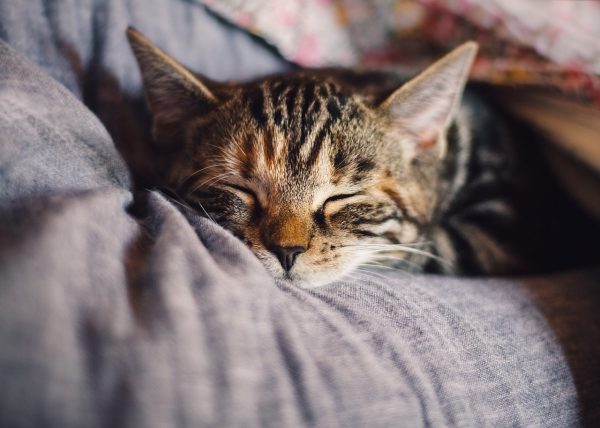
Since your cat is asleep when he or she quivers, you might wonder whether they’re dreaming of chasing a mouse or other prey. That’s a possibility! Some theories suggest cats quiver because they’re in REM (rapid eye motion) sleep. REM sleep is the stage of sleep during which people (and cats) dream. The first round of REM sleep usually occurs within 90 minutes of falling asleep, and a cat or human may enter REM sleep 3 or 4 times during a sleep session. If you could peep under a person or animal’s eyelids during REM sleep, you would see their eyes darting back and forth. If your cat begins to quiver during this time, your feline family member might be having a lively and vivid dream about chasing mice or another hunter-type activity.
Cats may also quiver when they’re anxious. When this happens during sleep, it may happen in the setting of a bad dream. Humans can experience this themselves. In some cases, humans experience movements during sleep and act out their dreams. For example, they might punch or kick. Some even sleep walk. Cats do not exhibit violent behavior when they are twitching in their sleep, so there is no reason for alarm if you see your pet shaking during his slumber.
Could Quivering Be a Sign of a Medical Problem?
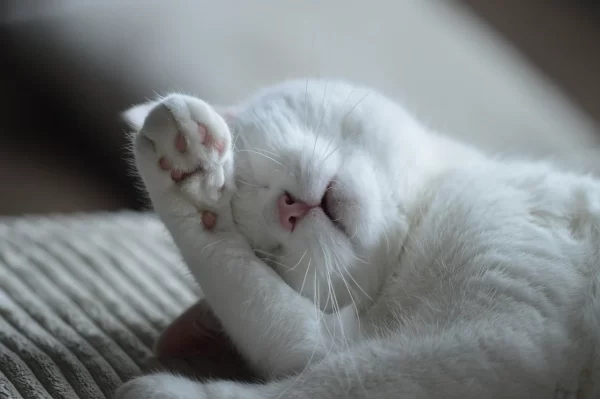
If your cat quivers during waking hours and it’s a persistent habit, there may be cause for concern. Quivering can be a sign that a cat has ingested something poisonous, is anxious, or has a medical problem. However, occasionally quivering during sleep is usually perfectly normal. Some people wonder whether the quivering is a sign of a seizure. That’s unlikely if your cat has no known seizure disorder and doesn’t quiver during the day. Most seizures in cats with a seizure disorder occur during waking hours.
Age May Affect Nighttime Quivering in Cats Too
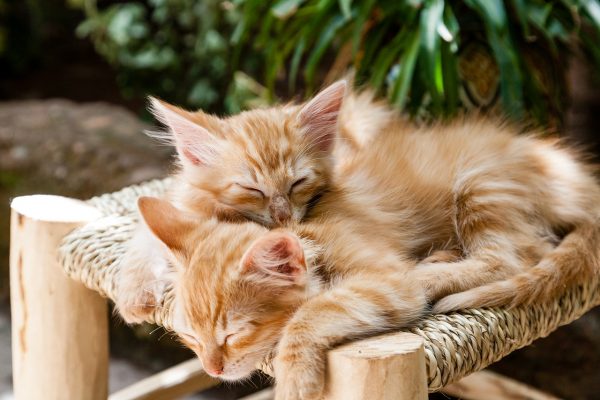
If your cat is quivering because they’re in the midst of REM sleep, it may happen less as your cat gets older. According to Purina, cats spend less time in REM sleep as they get older. So, you may notice less quivering and twitching as your cat enters late middle age.
You may have also noticed that cats sleep more than humans, and that’s perfectly natural. According to Sleep.org, cats sleep between 12 and 16 hours per day, almost twice as much as humans. Plus, over 70% of their sleep occurs during the day. The amount of time they slumber also increases with age.
The Bottom Line
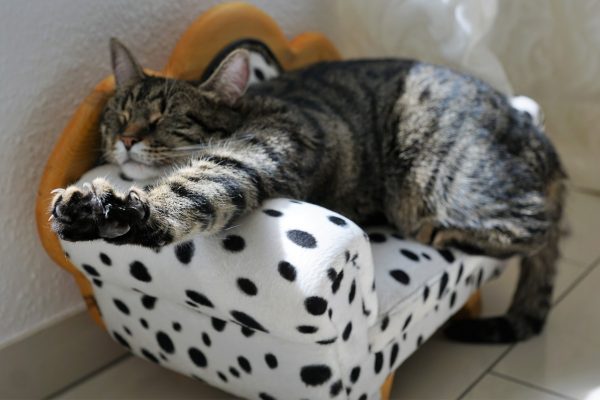
If your cat quivers when they sleep, but behaves normally during the day, there’s usually nothing to worry about. Your cat could be quivering with excitement as they chase a mouse during a dream state. It’s likely that they’re in REM sleep, a time when these movements are most likely to occur. Make sure your cat has a comfy place to sleep and dream. But if you notice them quivering during the day or have other symptoms such as loss of appetite, vomiting, or seems unusually tired, aggressive, or disengaged with you, talk to your veterinarian. Make sure your cat visits your veterinarian for regular check-ups too.
References:
Purina.co.uk. «Do Cats Dream?»
Sleep.org. «Cat Sleeping Habits»
«Sleeping Habits of Cats: How Do Cats Sleep? | Sleep.org.» 26 Mar. 2021, sleep.org/cats-sleep-habits/.

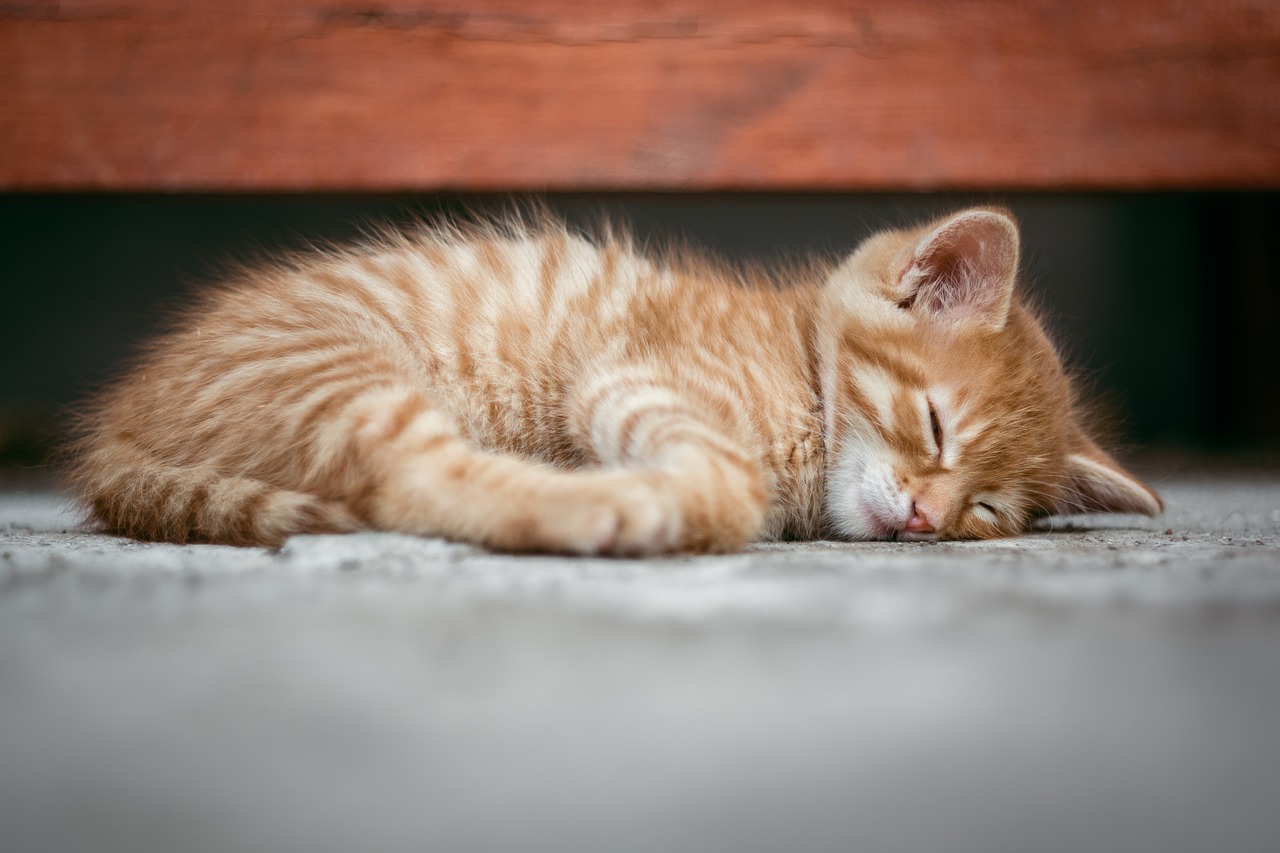
Grabbed a game from 69pkrgamedownload the other day. Download was quick and easy, just what I needed. Check it out: 69pkrgamedownload
Heard about luck33gameappk.com. If you are looking for the app, it seems fine Check out luck33gameappk for the apk file.
Been spending way too much time on 66clubgame lately, but I’m not complaining! This site’s got so many fun games. Anyone else hooked? Definitely worth checking out 66clubgame if you’re looking for some entertainment.
Curious about the meaning of mexivergasnombre? Looked it up and found some interesting stuff. Might be worth a quick search if you’re into etymology or just bored. mexivergasnombre